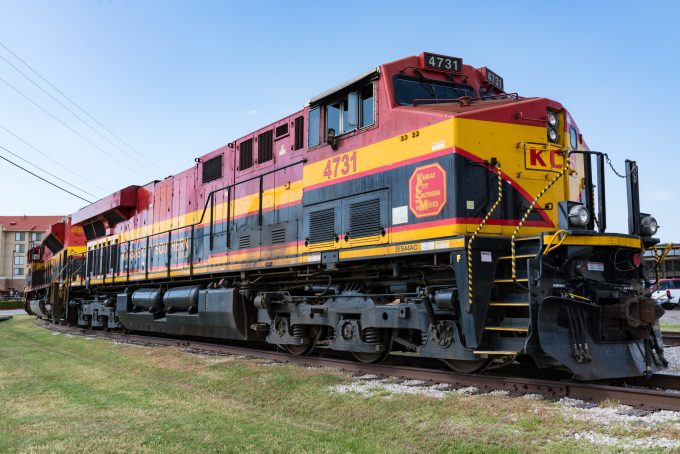Union Pacific stays silent on NS takeover – but praises move to cut red tape
Union Pacific would not be drawn on the state of negotiations surrounding its proposed acquisition ...

Robert Primus, the new chairman of the US Surface Transportation Board (STB), has called in the CEOs of the North American Class I rail carriers to discuss the decline of rail traffic and how to revive it.
He has set a two-day ...


Comment on this article